Raise your hand if you’re over the pandemic. Yeah, same—of course we are. It’s been almost a year of staying indoors, possibly having loved ones who have been sick, maybe getting sick yourself and undoubtedly hearing about endless tragedies as lives are lost. With a new strain of the virus emerging, it’s hard to find hope that things will get better soon.
The main thing I want to talk about here though, is what we can do to stop COVID-19. Yes, we voted, we rallied virtually, maybe we posted something on Instagram, but it’s not the politicians who are going to end this. Yes, the scientists and vaccines will hopefully help us get back on track, but as we’re already seeing, once a vaccine comes out, another strain is right behind it to take its place.
I see so much hate on social media right now. There is so much preaching, each person seeming to know better than the others around them. One person judging a few friends for getting together one evening, another judging a passerby outside for taking their mask off for a minute to get a breath of fresh air. On the flip side, there are those who judge people who take the virus too seriously or who are being “sooo cautious.”
What if the message of all this is to press one giant pause button on life so we can learn the true importance of it? What if it’s a challenge and crash course in recognizing how precious life is so we use our own time to treat others as well as we can? Instead of judging, what if we took this time inside to look deeply inward, changing ourselves instead of criticizing others?
What if the message of all this is to press one giant pause button on life so we can learn the true importance of it?
We’re finishing up the Hebrew month of Tevet right now. Tevet is a word that has the same root as tov, “good.” Each Hebrew month is associated with a letter, and the letter associated with Tevet is ayin, “eye.” Having an ayin tov is having a good eye, seeing things positively, or judging favorably. Ayin tov doesn’t mean you have to view the world through rose-colored glasses, but it does mean that when you see someone doing something you might not agree with, you should try to think about why they could be doing what they’re doing before you make a judgment.
Maybe someone is seeing friends in a safe way and doing it for their own mental health. Maybe that breath of fresh air is the only thing keeping them going. Maybe someone is immunocompromised, so she must be extra stringent with her choices. If you truly knew what it was like to be in their position, maybe you would choose the same thing. Judging favorably doesn’t mean condoning actions you think are wrong, but it changes you, turning you into a better person and, by extension, making the world a little bit better of a place.
To really change ourselves we have to be humble. We have to know that just because we firmly believe in our opinion, it doesn’t make it the only one, or even the right one. That’s where a belief in G-d comes in, too. Moshe Rabbeinu was the humblest man to ever live because he saw Hashem right in front of him. Even though he was the greatest leader, he had the utmost humility. Seeing greatness before you doesn’t make you small. It humbles you and allows you to admit you don’t know everything, a move that makes you even greater.
“To really change ourselves we have to be humble.”
As we start this new calendar year and finish the month of Tevet, I dare you to judge favorably, to look at everyone with respect (even those you don’t agree with), and maybe through that, we can bring true healing.




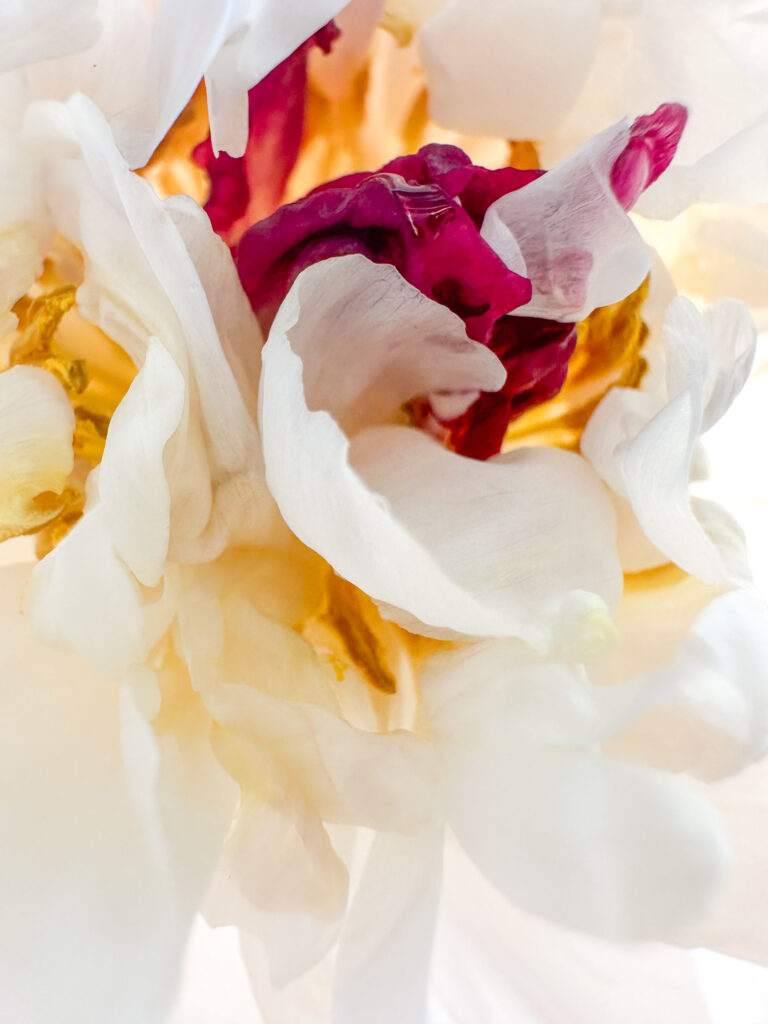
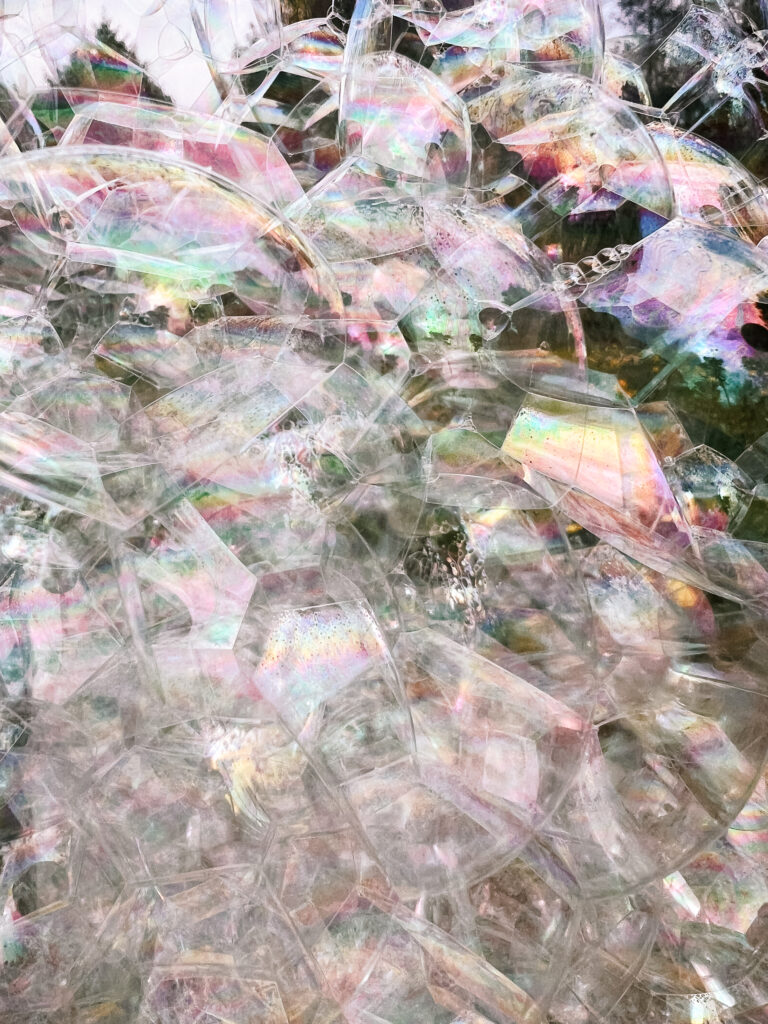
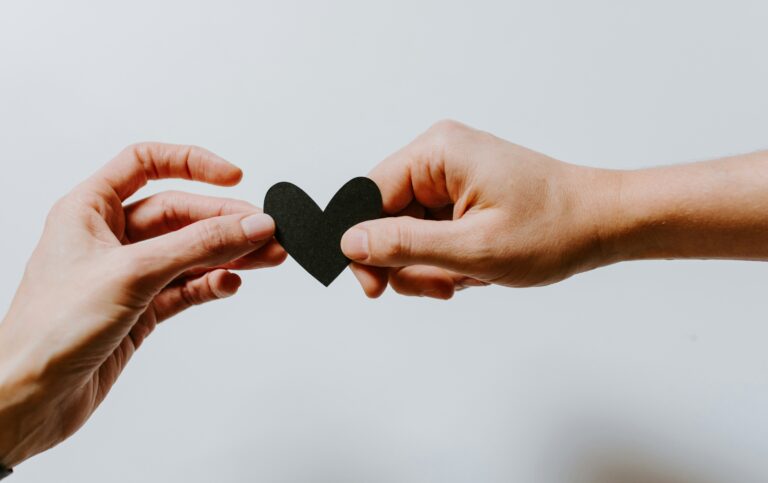

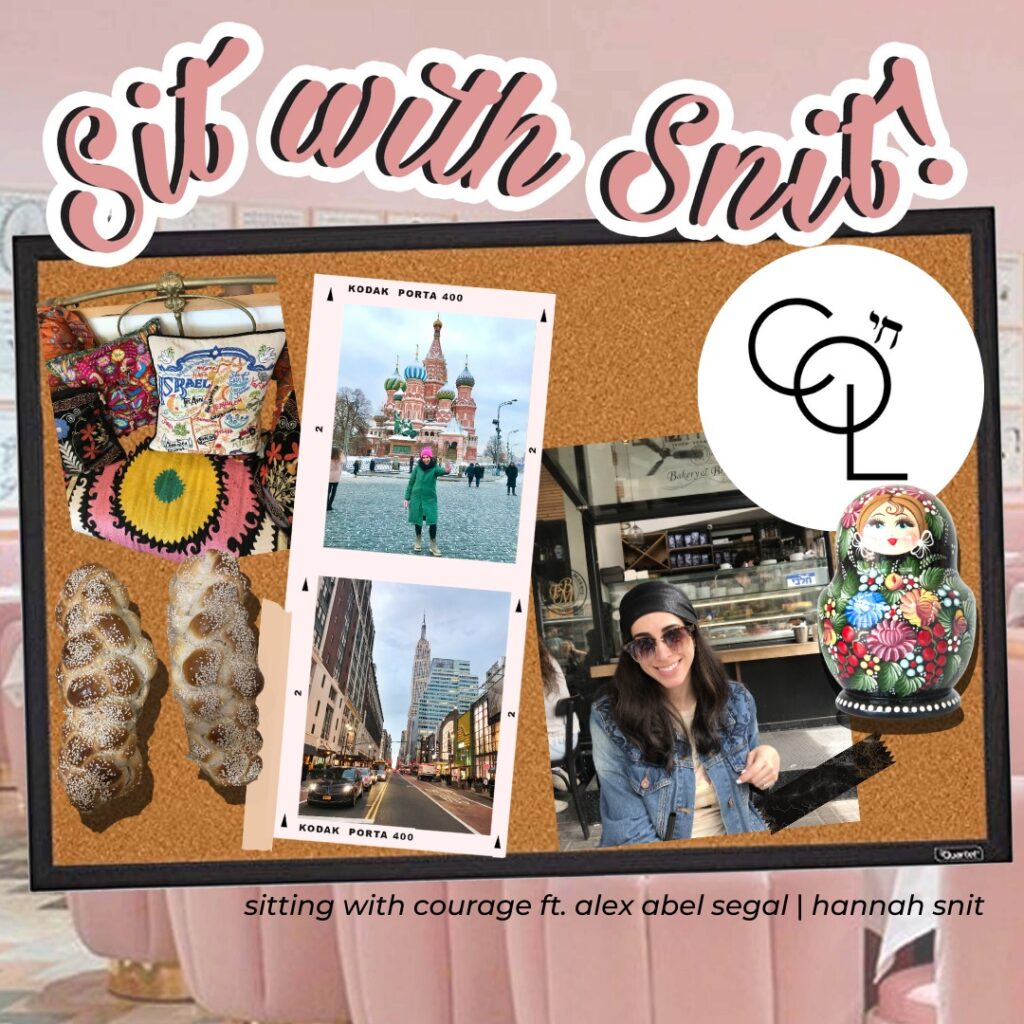
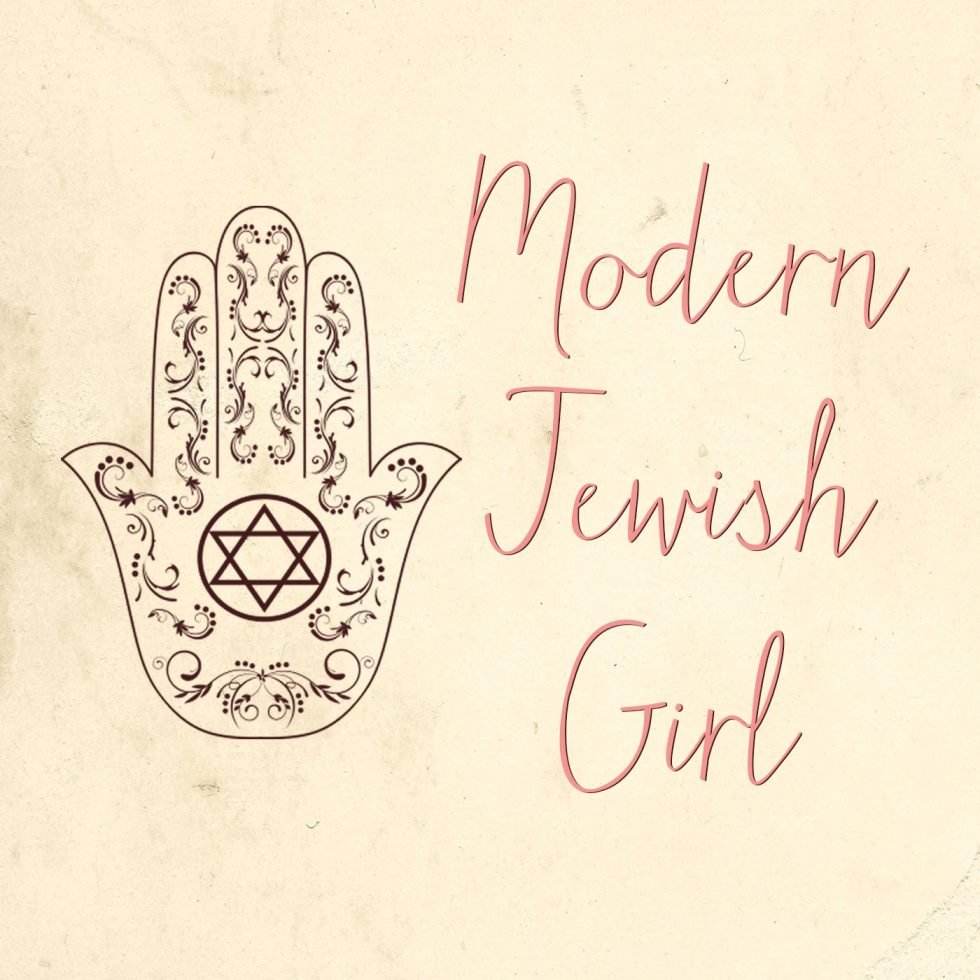
[…] COVID, it’s even harder; because it’s such an isolating time for everyone. I started a […]
[…] always easy for Elisheva Rishon. Despite Judaism being a religion that prides itself on acceptance, negativity and discrimination can unfortunately exist beneath and on the surface — […]
[…] seen violence. We have seen hate. We have also seen a drastic shift in our society. We have been quarantined in our homes for months at a time. We have been afraid to leave — scared to go to the grocery […]